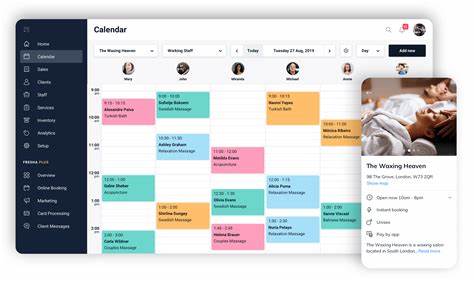Legal professionals need to know their target audience and understand potential clients’ wants, needs, and habits to serve them better. Lifestyle market research is a powerful tool that can be used to identify trends, preferences, attitudes, and behaviors of different consumer segments. Leveraging this data can help law firms improve their business strategy and attract more commercial legal services clients. Here’s how:

1. Identify Your Target Audience
The first step in any successful marketing or business plan is determining your ideal target audience. This includes understanding what drives particular customer segments when it comes to purchasing commercial legal services and other related products or services. With lifestyle market research, you can gain deeper insight into which demographic groups are most likely to use your services and why they do so. This can provide invaluable information for designing effective campaigns that will reach the right people at the right time with the right message.
2. Analyse consumer habits and preferences
Using lifestyle research, you can better understand how clients purchase legal services and their opinions on pricing, quality, customer service, etc. – all essential factors in making an informed decision about hiring a lawyer or choosing a law firm. By learning more about these personal preferences, you can develop strategies that appeal directly to your target audience and ensure that you remain competitive in the marketplace. In addition, you may discover new opportunities for growth by uncovering unmet needs among specific consumer segments.
3. Refine your offer & optimise pricing strategies
Understanding consumer habits and preferences can also help law firms fine-tune their offerings to meet consumer demands better, while maximising profits from existing services and products. With the insights gained from lifestyle market research, lawyers can adjust prices based on potential clients’ value perceptions or expand their offerings with relevant products or packages designed specifically for certain demographics or industries in need of legal assistance.
4. Use digital marketing tactics
Lifestyle research provides valuable insights into how people use digital platforms to research lawyers before choosing one firm over another – whether it’s reading online reviews or searching social media profiles for details of experience, availability, etc. This data can then be used to develop a holistic digital marketing strategy that focuses on increasing visibility across key channels while optimising content creation efforts, such as blog posts or videos, tailored to specific audiences looking for legal advice or representation at challenging times, such as divorce proceedings or criminal defence cases involving complex laws and regulations.
5. Measure performance
Finally, lifestyle research should not only be used as an initial planning tool, but also throughout the lifecycle of your legal practice to measure performance against the goals set at the outset. This allows firms to track progress since implementation and enables lawyers to evaluate current tactics against alternative approaches that may yield higher returns. By analysing feedback from client surveys alongside quantitative analytics such as website traffic, cost per click rates, conversion rates, cost per lead/case cost, etc. law firms can identify areas for improvement and capitalise on opportunities for optimisation and expansion.

In conclusion, lifestyle research is an integral part of the success of any law firm – large or small – helping lawyers build relationships with potential clients through targeted campaigns designed around specific needs identified through survey responses and demographic analysis. When done correctly, this approach delivers sustainable results that contribute significantly to long-term financial gains, while cementing a reputable brand name in the community it serves.

